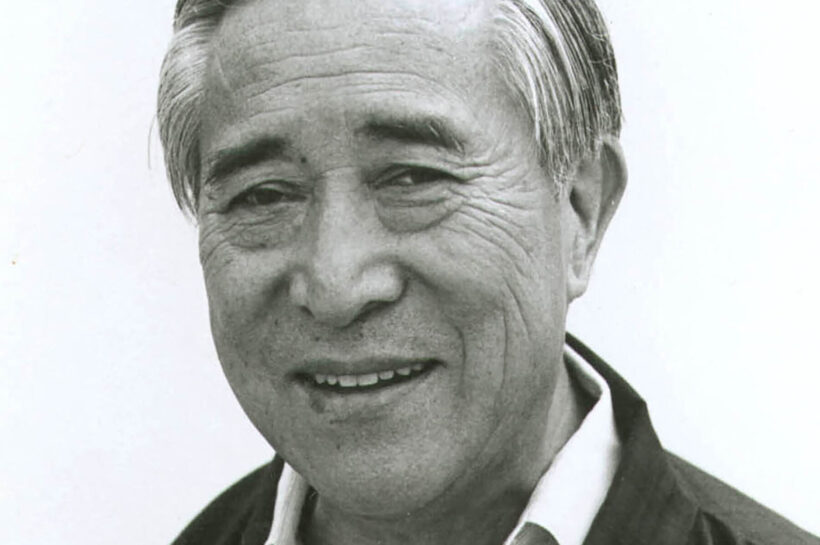Contents [show]
Marcellus Williams Executed Amidst Overwhelming Doubts
Missouri proceeded with the execution of Marcellus “Khaliifah” Williams on Tuesday, despite mounting evidence that called his guilt into question. This controversial decision has ignited widespread outrage, especially given the vehement objections from the very prosecutors who originally secured his conviction.
The execution has also drawn sharp criticism from civil rights advocates, legal experts, and even the victim’s family.
Williams, 55, was convicted of the 1998 murder of Lisha Gayle, a former reporter for the St. Louis Post-Dispatch.
Despite the severity of the charges, no forensic evidence ever linked Williams to the crime scene or the murder weapon.
Over the years, DNA testing repeatedly failed to place Williams at the scene, and several jurors from the original trial, along with the victim’s family, opposed his execution.

Flimsy Evidence and Last-Minute Pleas Ignored
One of the most contentious aspects of Williams’s conviction was the reliance on jailhouse informants—witnesses whose credibility is often considered dubious at best. These individuals, who have nothing to lose and everything to gain, are notoriously willing to say anything to get out of jail. In Williams’s case, one such informant claimed that Williams had confessed to the murder while they shared a cell, a statement that has since been questioned given the informant’s incentive to lie.
Prosecutors, including St. Louis County Prosecuting Attorney Wesley Bell, have made multiple attempts to overturn Williams’s conviction.
Bell, who has become a prominent voice for criminal justice reform, cited the lack of DNA evidence and constitutional errors during the trial as grounds for overturning the conviction.
Despite these efforts, Missouri’s Republican Attorney General, Andrew Bailey, and Governor Mike Parson pushed forward with the execution.
A Battle Between Justice and Finality
Williams’s execution was not just a legal defeat for his defense team; it was a profound moral and ethical failure, according to his supporters.
Tricia Rojo Bushnell, Williams’s attorney, condemned the state’s actions, saying, “The execution of an innocent person is the most extreme manifestation of Missouri’s obsession with ‘finality’ over truth, justice, and humanity.”
The situation becomes even more troubling when considering that Williams had reached an agreement with prosecutors to plead no contest to first-degree murder in exchange for a life sentence without parole.
However, the Missouri Supreme Court blocked this arrangement after Bailey’s office challenged it.
A Grim Precedent Set
Williams’s execution marks a grim chapter in the history of the American justice system.
Since 1973, at least 200 individuals sentenced to death have been exonerated, highlighting the inherent flaws in capital punishment.
The Death Penalty Information Center noted that this might be the first time in U.S. history that a state has executed someone after a sitting prosecutor confessed to errors that undermined the conviction.
The case has left many questioning the integrity of a legal system that allows for the possibility of executing innocent people.
Michelle Smith, co-director of Missourians to Abolish the Death Penalty, summed up the sentiment: “If you believe in the system at all, that means you’re OK with innocent people being killed, because the system isn’t perfect.”
As the dust settles, Missouri’s decision to execute Marcellus Williams is likely to haunt the state for years to come. The outcry over his execution is not just about one man’s life, but about the future of justice in America.
1st reported from The Guardian.
Who was Marcellus Williams?
Marcellus Williams was a death row inmate in Missouri who was executed on Tuesday, September 24, 2024. He was convicted of the 1998 murder of Lisha Gayle, a former reporter for the St. Louis Post-Dispatch.
Why was Marcellus Williams executed despite doubts about his guilt?
The state of Missouri proceeded with the execution despite mounting evidence that called Williams’s guilt into question. Prosecutors who originally secured his conviction objected to the execution, and DNA testing failed to link Williams to the crime scene.
What evidence was used to convict Marcellus Williams?
The primary evidence against Williams was the testimony of jailhouse informants, whose credibility is often questioned. There was no forensic evidence linking Williams to the crime scene or the murder weapon.
What role did DNA evidence play in the case?
DNA testing repeatedly failed to place Williams at the scene of the crime, casting doubt on his guilt.
What were the arguments for overturning Marcellus Williams’s conviction?
Prosecutors argued that the lack of DNA evidence and constitutional errors during the trial were grounds for overturning the conviction.
What were the consequences of Marcellus Williams’s execution?
The execution has sparked widespread outrage and criticism of the American justice system. It has raised questions about the integrity of capital punishment and the possibility of executing innocent people.











